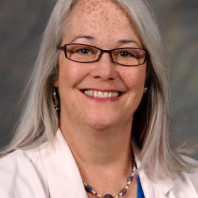On Supreme Court, Does 9-0 Add Up to More Than 5-4?

The U.S. Supreme Court issued a remarkable number of unanimous decisions last term, and in their public remarks the justices seemed unanimous in saying that unanimity was a good thing. But is it?
Michael F. Salamone, a political scientist at WSU, has designed experiments to test whether the public is more apt to accept unanimous decisions than divided ones.
Related research citing Salamone’s work concluded that “the idea that 5-4 decisions pose a serious problem of credibility or legitimacy [for the court] remains an unproven hypothesis.” How hard, then, should the justices work to achieve unanimity?
Read more about Salamone’s research in the ABA Journal; also in the New York Times (subscription required).


